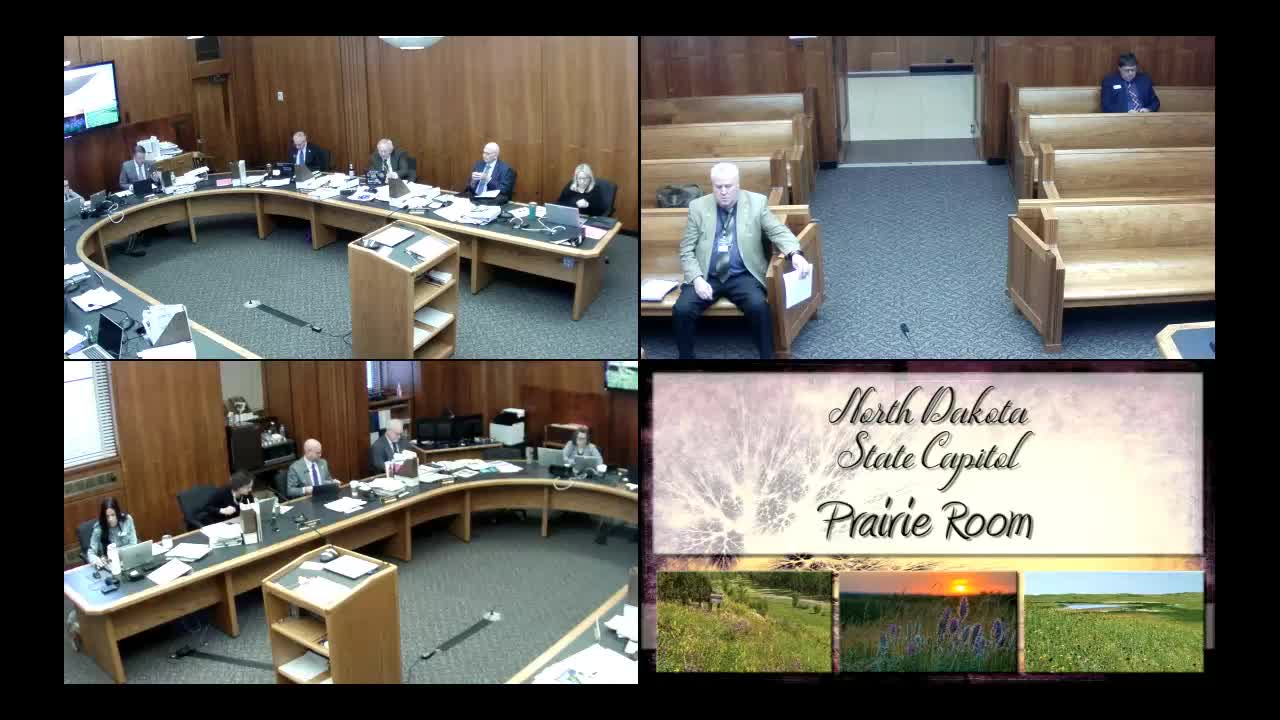Panel trims pilot, advances ‘science of math’ teacher-training bill
Get AI-powered insights, summaries, and transcripts
Subscribe
Summary
The Appropriations - Education and Environment Division removed a proposed $300,000 pilot and approved a due-pass recommendation for Senate Bill 22-13, which would require targeted professional development and licensing changes to improve math instruction for K–8 and middle school teachers.
The Appropriations - Education and Environment Division on the morning of the hearing amended and advanced Senate Bill 22-13, a measure to require targeted professional development and licensure alignment aimed at improving math instruction.
Senator Don Shively, District 31, described the bill as patterned after the state’s earlier “science of reading” effort: “This is what I call the science of math,” he told the committee, saying the measure would “encourag[e] and requir[e] our teachers to become better educated” about effective math instruction. The bill focuses on grade-level targets, professional development for in-service teachers and changes to teacher preparation so new teachers enter classrooms with the needed math content and pedagogy.
Committee members debated a House amendment that added a small pilot program and extra funding. Rudy Martinson of Primacy Strategy Group told the committee the pilot would add a screening tool aimed at grades 4–8 so teachers could identify each student’s skill level and provide individualized plans. Martinson said the pilot was “intended to have…skill level screeners and skill level assessments” and to include reporting language so the Department of Public Instruction (DPI) could evaluate the tool’s effectiveness.
Several lawmakers questioned whether the pilot duplicate existing educator data tools and whether it would add useful information for teachers. Representative Richter said teachers already can “dig down” under competency-based systems and expressed skepticism that the pilot was necessary. Representative Sanford and others noted differences between reading and math instruction — curriculum selection and material support play larger roles in math — and cautioned that implementation would take multiple years and that student attendance could affect outcomes.
DPI Director of Academic Support Anne Ellifson told members the bill’s delayed effective dates for some sections (notably provisions tied to licensure and early-grade screening) were intended to give districts time to prepare. Ellifson also said DPI currently has staff working on math and reading efforts but that some of that staff time is funded with federal funds subject to supplement-not-supplant rules; the committee retained $200,000 for DPI administrative costs so the agency can assign state-funded time to the math work without charging federal grants.
Representative Richter moved to remove section 6 (the pilot) and to reduce the appropriation in section 7 accordingly; Representative Martinson seconded. The committee approved the motion to remove the pilot (and adjust funding) by roll call, 7–0. The full bill, as amended, then received a due-pass recommendation on a 7–0 roll call. The committee recorded the yes votes as Chairman Naithi, Vice Chair Swontek, Representatives Hansen, Lauser, Martinson, Richter and Sanford.
Clarifying details provided during testimony and reflected in the amendment: the House had added pilot funding that raised an original package from what the sponsor described as $1.2 million to $1.5 million; the amendment removed a $300,000 pilot line, returning the larger appropriation to about $1.2 million while leaving a roughly $200,000 administrative allocation for DPI in place. Senator Shively and other speakers told the panel they expect a multi-year rollout and estimated it could take four years (two bienniums) to bring statewide implementation to the intended level.
The committee asked DPI to report back on implementation status during future sessions. Representative Richter was designated as the committee’s point person when the bill moves to the full appropriations committee.
Votes at a glance
- Motion to remove section 6 (pilot) and adjust funding: moved by Representative Richter, seconded by Representative Martinson; outcome: passed, 7–0 (Chairman Naithi; Vice Chair Swontek; Representatives Hansen, Lauser, Martinson, Richter, Sanford — all yes). - Due-pass motion for Senate Bill 22-13 as amended: moved by Representative Richter, seconded by Representative Martinson; outcome: passed, 7–0.
Why it matters: Supporters said the bill aims to raise teacher content knowledge and align teacher preparation with K–8 and middle‑grade math standards, mirroring the state’s earlier, multi‑year science-of-reading effort. Opponents of the pilot questioned whether the screening tool adds new value beyond existing competency‑data systems and whether the appropriation targets the most effective interventions.
Next steps: The bill advances to full appropriations as amended. Representative Richter will carry the item forward.
